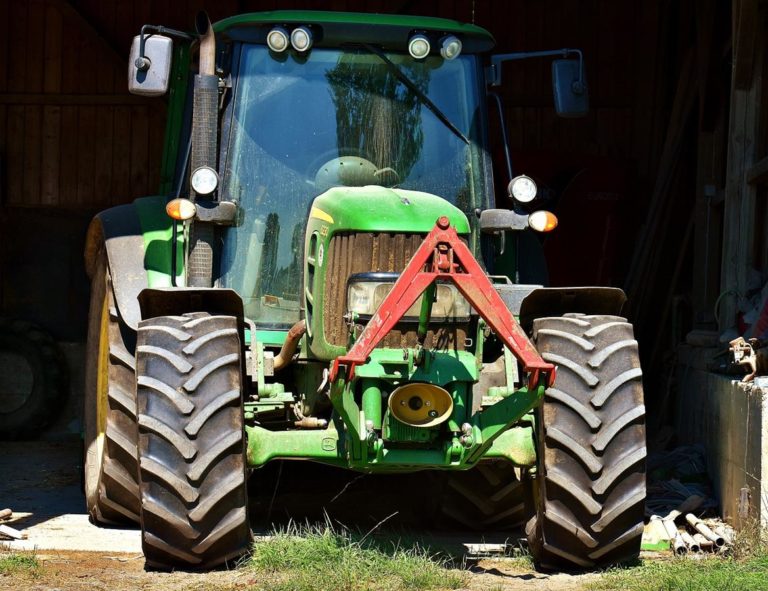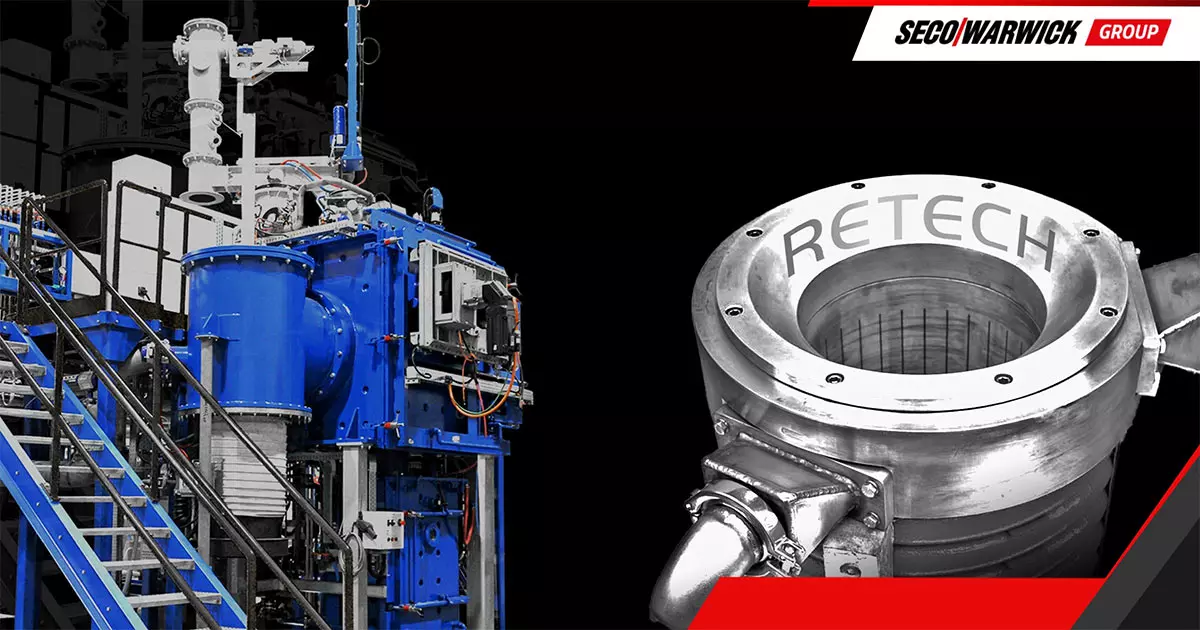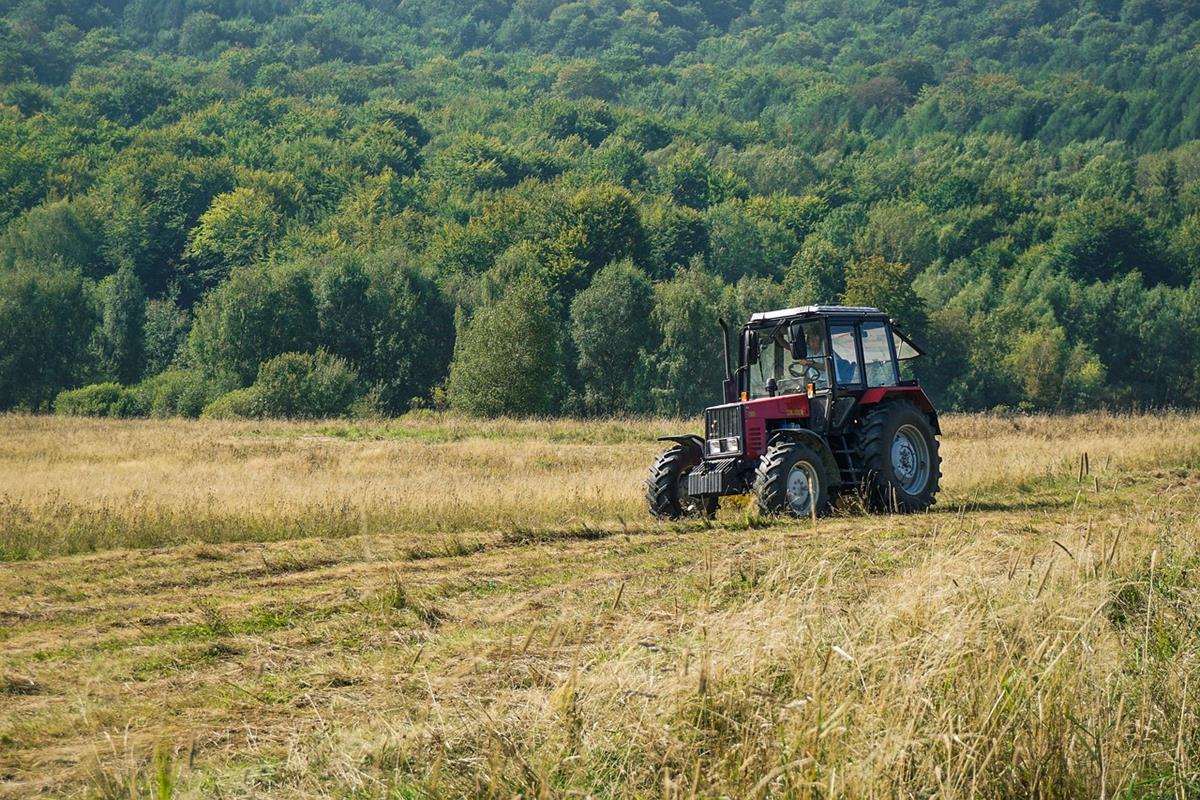The versatility of flexible intermediate bulk containers
Flexible Intermediate Bulk Containers (FIBCs), commonly known as bulk bags, are large, flexible containers used for storing and transporting various materials.
Their versatility makes them indispensable in numerous industries worldwide. From agriculture to construction, FIBCs offer a convenient and efficient solution for handling a wide range of products.

Applications in agriculture
In agriculture, FIBCs are extensively used for storing and transporting bulk quantities of grains, seeds, fertilizers, and other agricultural products. Their ability to hold large volumes of material while maintaining structural integrity makes them ideal for use on farms and in agricultural facilities. Moreover, FIBCs can be easily transported using forklifts or cranes, allowing for seamless integration into agricultural operations.
Utilization in construction
The construction industry relies on FIBCs for transporting materials such as sand, gravel, cement, and concrete. Their durable construction and ability to withstand heavy loads make them indispensable on construction sites. Additionally, FIBCs can be customized to meet the specific requirements of construction projects, ensuring efficient handling and storage of materials.
Role in chemical and pharmaceutical industries
In the chemical and pharmaceutical sectors, FIBCs play a crucial role in the storage and transportation of powders, granules, and other bulk materials. Their airtight design helps prevent contamination and ensures the safe handling of hazardous substances. Furthermore, FIBCs can be equipped with liners to provide an additional layer of protection, making them suitable for sensitive applications in these industries.
Advantages in food and beverage handling
Food and beverage manufacturers utilize FIBCs for storing and transporting ingredients such as flour, sugar, and grains. The food-grade materials used in the construction of FIBCs ensure compliance with stringent hygiene standards, making them suitable for use in food processing facilities. Moreover, FIBCs can be easily cleaned and sanitized, minimizing the risk of cross-contamination.
Environmental benefits
One of the key advantages of FIBCs is their environmental sustainability. Unlike traditional packaging materials such as cardboard boxes or plastic drums, FIBCs are reusable and recyclable. This reduces the generation of waste and helps minimize the environmental footprint of industries that rely on bulk packaging solutions. Additionally, FIBCs are lightweight, which reduces fuel consumption during transportation, further contributing to their eco-friendliness – supersacks.
Flexible Intermediate Bulk Containers (FIBCs) offer unparalleled versatility and efficiency in storing and transporting a wide range of materials across various industries. From agriculture to pharmaceuticals, FIBCs play a vital role in facilitating seamless operations and ensuring the safe handling of bulk materials. With their environmental benefits and customizable features, FIBCs are likely to remain a preferred choice for bulk packaging solutions in the years to come.









